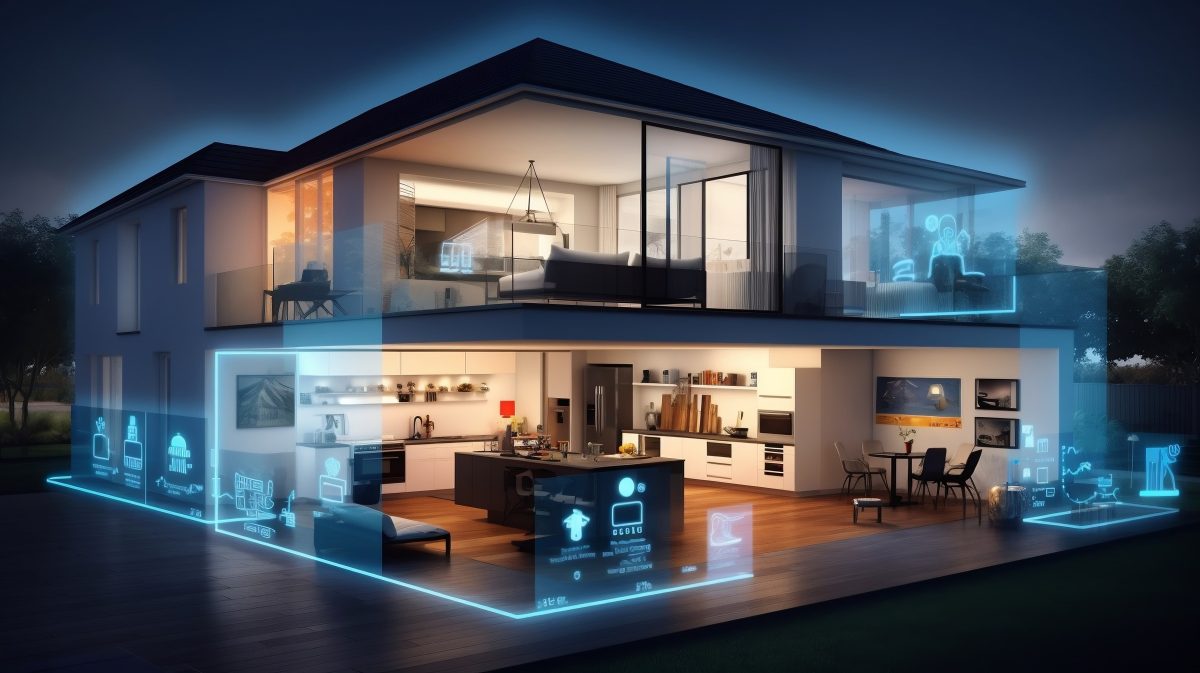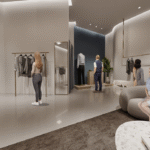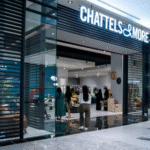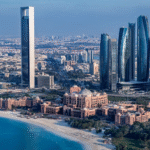Now Reading: Smart Home Technology Integration Shapes Modern Living
-
01
Smart Home Technology Integration Shapes Modern Living
Smart Home Technology Integration Shapes Modern Living

Smart Home Technology Integration is transforming the way people live, work, and interact with their homes. Once considered futuristic, smart homes have now become a reality, offering homeowners advanced convenience, improved security, and greater control over energy consumption. In today’s fast-paced world, where technology is at the heart of everyday life, the integration of smart systems into residential spaces is more than just a luxury it is becoming a necessity.
What Is Smart Home Technology Integration?
At its core, Smart Home Technology Integration refers to connecting devices and systems in a home to work seamlessly together. These devices communicate via the Internet of Things (IoT), enabling homeowners to control them through smartphones, tablets, or voice assistants.
Key aspects include:
- Smart Lighting Systems: Lights that adjust based on occupancy, time of day, or personal preference.
- Intelligent Climate Control: Thermostats that learn user habits and automatically regulate temperature.
- Home Security Integration: Cameras, smart locks, and alarm systems connected to provide real-time monitoring.
- Energy Management Tools: Devices that track consumption and reduce energy waste.
- Voice-Activated Assistants: AI-powered systems like Alexa, Siri, or Google Assistant managing multiple devices.
Why Smart Home Technology Integration Is Gaining Popularity
Several factors are driving the rise of Smart Home Technology Integration globally and in the UAE:
- Convenience: A homeowner can turn off lights, lock doors, or adjust the AC from anywhere.
- Safety and Security: Smart locks, doorbell cameras, and surveillance systems offer real-time protection.
- Energy Efficiency: Automated systems help reduce electricity bills by managing appliances intelligently.
- Property Value: Homes equipped with smart systems often attract higher market value and rental demand.
- Lifestyle Appeal: Tech-savvy residents, particularly millennials and Gen Z, prefer homes that align with their digital-first lifestyle.
Smart Home Integration in Real Estate
The rise of Smart Home Technology Integration is reshaping the real estate industry. Developers across the UAE, particularly in Dubai and Abu Dhabi, are increasingly including smart features as standard offerings in new residential projects. This is not only to meet buyer demand but also to position their developments as future-ready.
Luxury villas and apartments in prime areas now offer:
- Pre-installed smart thermostats and lighting systems.
- App-controlled security features.
- Energy-efficient appliances connected to central hubs.
- Integrated entertainment systems.
Mid-market housing is also catching up, with developers recognizing that even affordable homes can benefit from basic smart features.
Benefits for Homeowners
Homeowners adopting Smart Home Technology Integration enjoy a range of benefits that go beyond convenience:
- Cost Savings – Automated systems reduce energy waste, cutting utility bills significantly.
- Peace of Mind – Real-time monitoring and alerts improve safety whether the homeowner is inside or traveling abroad.
- Customization – Smart systems learn user behaviors, offering tailored lighting, cooling, and entertainment experiences.
- Future-Proof Living – As smart technology becomes the norm, early adopters enjoy homes that remain relevant and competitive.
Challenges in Smart Home Technology Integration
Despite its advantages, there are challenges in implementing Smart Home Technology Integration:
- High Initial Costs: While prices are falling, advanced systems can still be costly.
- Compatibility Issues: Different brands may not always work seamlessly together.
- Cybersecurity Risks: Connected devices raise concerns about data privacy and hacking.
- Learning Curve: Some users find it challenging to adapt to advanced systems.
Developers and technology companies are actively working to address these concerns by providing user-friendly platforms, enhanced security features, and affordable solutions.
The Role of AI and IoT in Smart Homes
Artificial Intelligence (AI) and the Internet of Things (IoT) are central to Smart Home Technology Integration.
- AI enhances personalization by analyzing user behavior and predicting preferences.
- IoT ensures seamless communication between different devices, creating a connected ecosystem.
For example, a smart thermostat can analyze patterns and automatically adjust the air conditioning when residents are at work or asleep, saving energy without compromising comfort.
Smart Home Integration and Sustainable Living

Another major appeal of Smart Home Technology Integration is its contribution to sustainability. Energy-efficient systems lower consumption, helping cities like Dubai meet their green targets under initiatives such as Dubai Clean Energy Strategy 2050.
Smart homes reduce water and electricity waste, promote eco-friendly living, and support the UAE’s vision of building smart, sustainable cities of the future.
Future of Smart Home Technology Integration
Looking ahead, Smart Home Technology Integration will become more widespread and accessible. Trends shaping the future include:
- Greater Affordability: Mass adoption will bring costs down, making smart homes available to wider income groups.
- Integration with Renewable Energy: Solar-powered homes combined with smart systems will redefine energy-efficient living.
- Voice and Gesture Control: Interaction with devices will become even more intuitive.
- Health Monitoring Features: Homes will include sensors that track air quality, detect allergens, and even monitor residents’ health.
By 2030, experts predict that smart homes will be the standard, not the exception, especially in tech-forward markets like the UAE.
Conclusion
Smart Home Technology Integration is revolutionizing the way we live, offering unparalleled convenience, efficiency, and security. From luxury villas in Dubai to mid-market apartments in growing suburban areas, smart home features are becoming a standard expectation among buyers and tenants alike.
As technology evolves and costs decrease, the integration of smart systems will spread further, making connected living accessible to all. For homeowners, investors, and developers, embracing smart home technology today is an investment in the future.
Follow us on: Instagram
Read More-UAE Real Estate Regulations Target Money Laundering






















